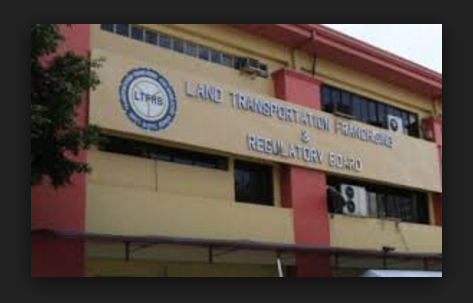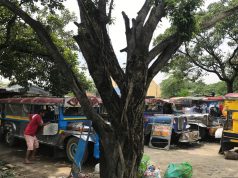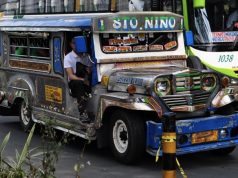MANILA, Philippines – The House of Representatives and transport groups are questioning the Land Transportation Franchising and Regulatory Board (LTFRB)’s Omnibus Franchising Guidelines that give power to local government units (LGU) to plan the routes of public utility vehicles (PUV) and grant transport permits.
At a hearing of the House Committee on Transportation on Thursday, lawmakers and PUV operators said giving such discretion to local executives could be tainted with politics and could lead to abuse of the powers delegated to the LTFRB.
According to Majority Leader Rodolfo Fariñas, without permission from the legislative branch of government, LTFRB has no right to further delegate the power to issue franchises, an authority that was earlier entrusted to the agency by Congress.
“The grant of franchises is a legislative power. Your power to grant franchises is a delegated power by Congress. What’s happening is you’re delegating more of these powers, but there’s a basic rule in law that a power delegated can no longer be further delegated without authority from the one who granted the delegation,” he said.
Fariñas also raised questions on the capacity of LGUs to come up with the route plan and handle the issuance of franchises.
“Did you even consult with the LGUs? As it is, they are having a hard time with tricycles…Alam n’yo, iyong LGU, three-year terms lang po kami. ‘Pag upo namin, nakahanda na for the next election. Baka kasama ito sa politika, baka mahirapan,” the lawmaker said.
[LGU officials only have three-year terms. When we start our term of office, preparations for the next elections already start. This might be caught up in politics, we fight find this difficult to deal with.]
Fariñas’s family owns Fariñas Transit, but the majority leader said he had already divested his interests in the company.
Meanwhile, Zeny Maranan, president of the Federation of Jeepney Operators and Drivers Associations of the Philippines, raised apprehension that local executives would be discriminating in choosing who to allow to operate.
“Ayaw po naming magkaroon ng kaugnayan sa local government ‘pagkat nagkakaroon po kami ng agam-agam na ‘pag wala po itong administrasyon na ito, palakasan na naman po ‘yan,” Maranan said.
[We don’t want to have relations with the local government because we worry that preferential treatment would resume after this administration.]
Alex Yague of the Provincial Bus Operators Association of the Philippines said his group had asked for a copy of the draft Omnibus Franchising Guidelines but was given a copy of the document that was already signed.
LTFRB chairperson Martin Delgra III clarified that LGUs were tasked to come up with a route plan for PUVs because his office could not solely handle the task.
“We’re looking at 1,460 municipalities, 146 cities and 81 provinces. The task is overwhelming,” he said.
“We are assuring the operators that the LTFRB is the only agency to issue franchises for land-based transportation. We are not abrogating that duty and mandate,” Delgra added.
The Omnibus Franchising Guidelines introduces reforms in granting of franchises by implementing new route planning rules and improved standards for operators and vehicles.
One of the major components of this is the PUV Modernization Program that aims to phase out old and dilapidated PUVs that will be replaced by franchised units either powered by Euro 4 engines or electrically powered engines with solar panels for roofs.






